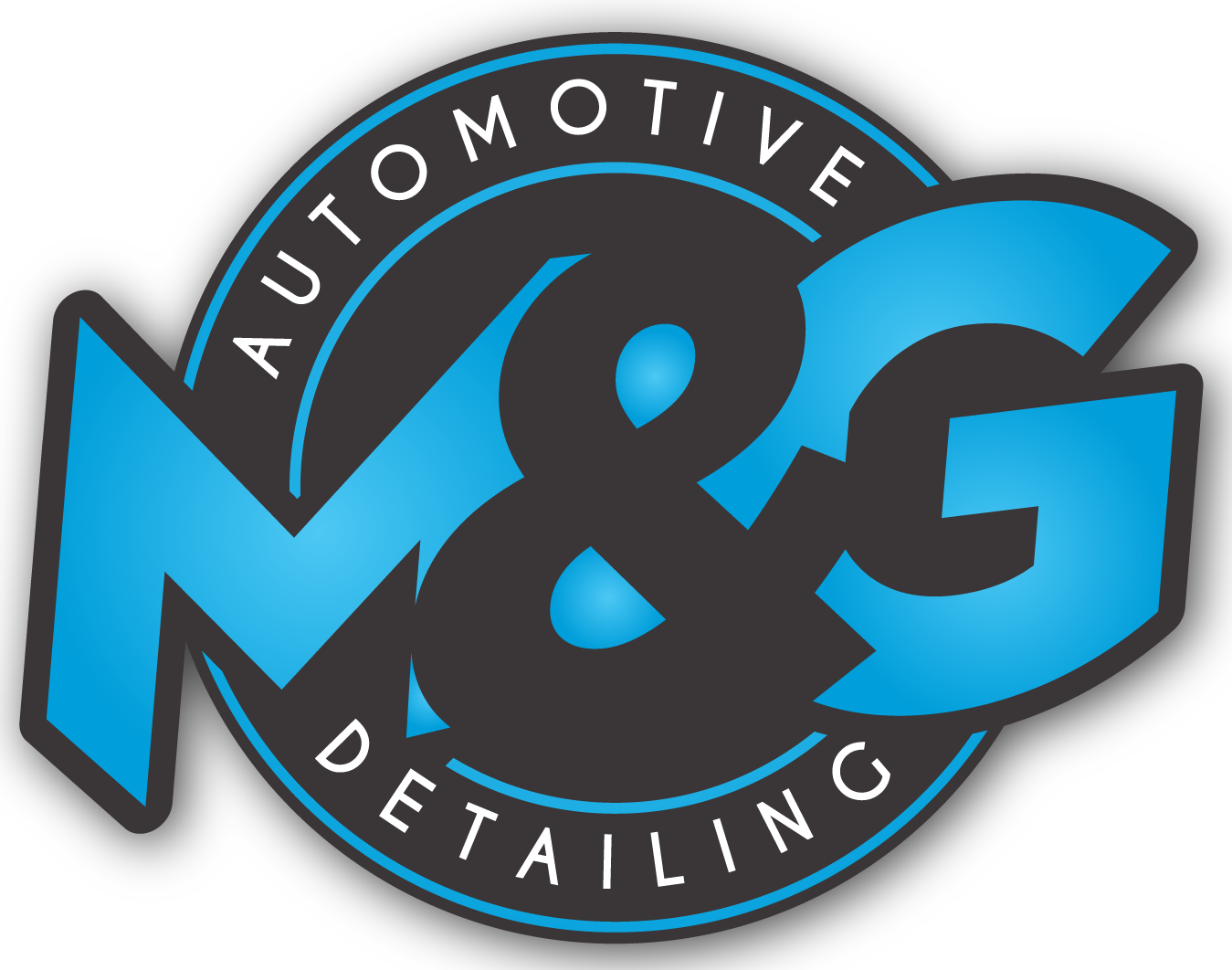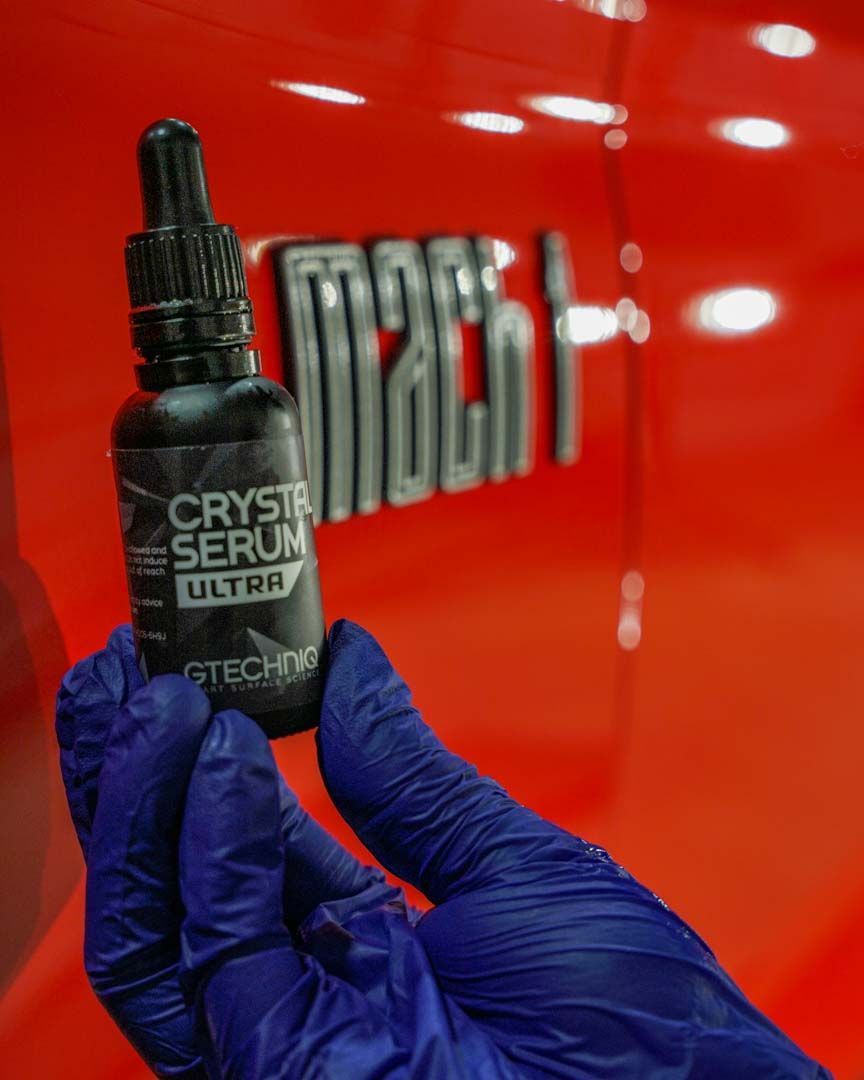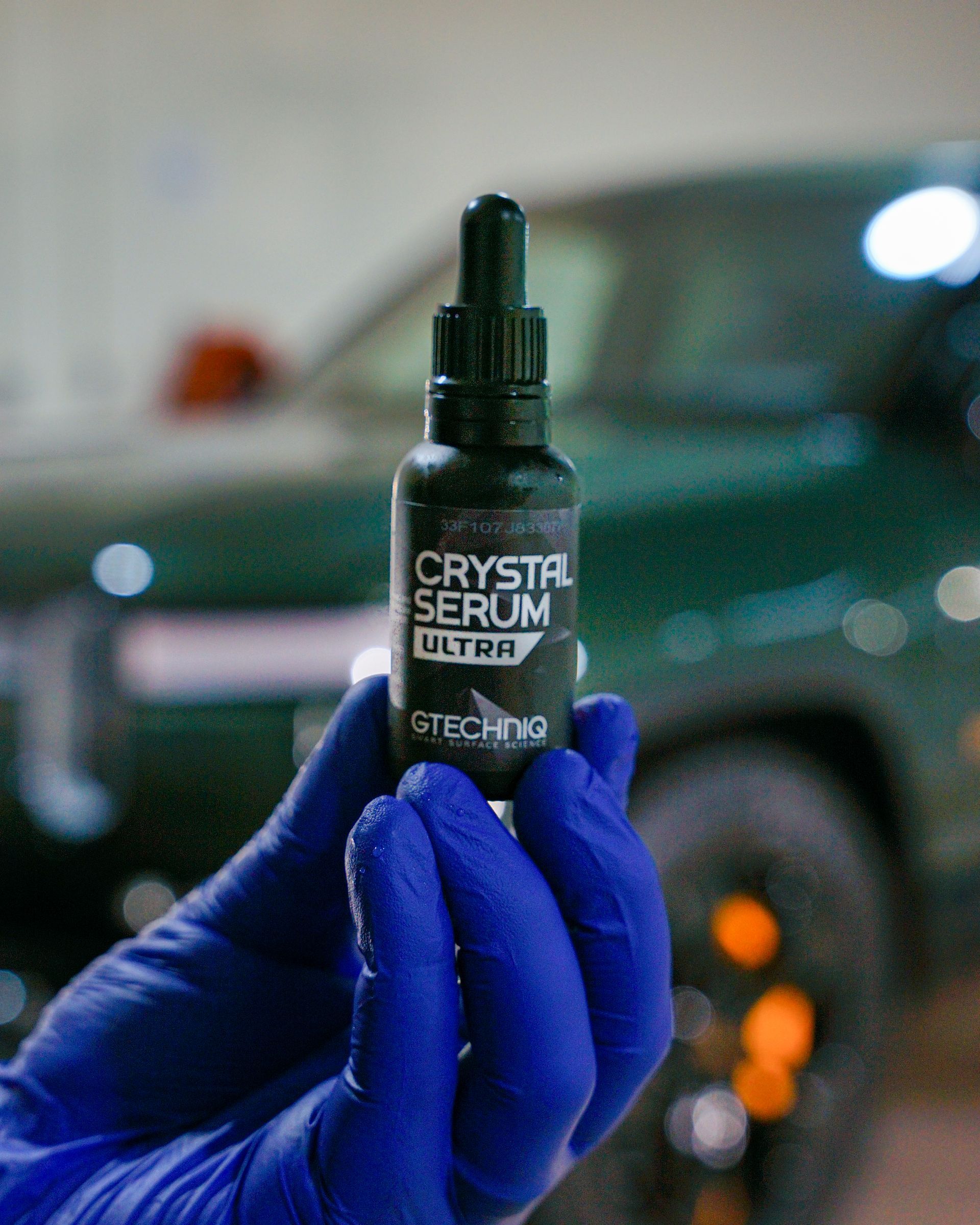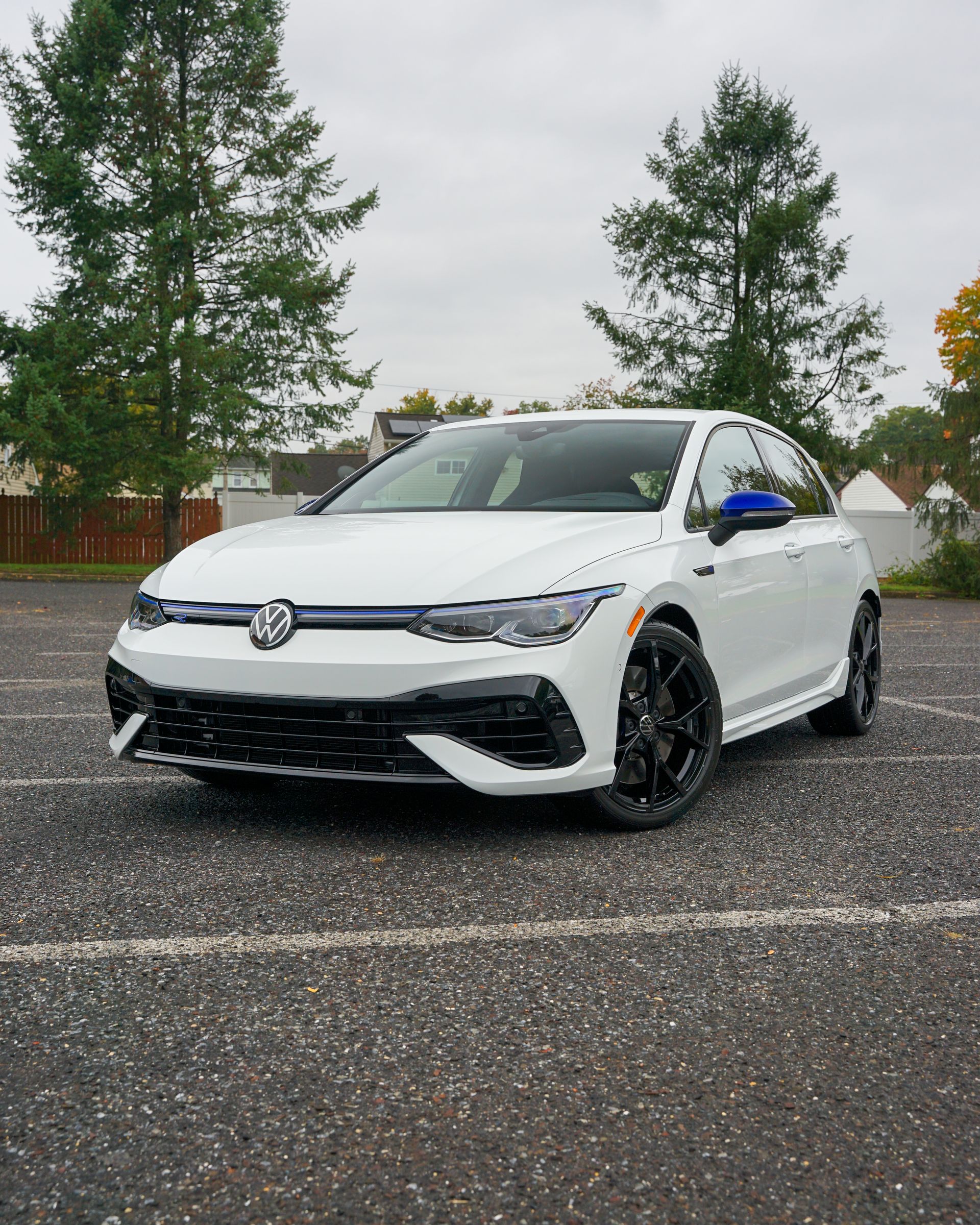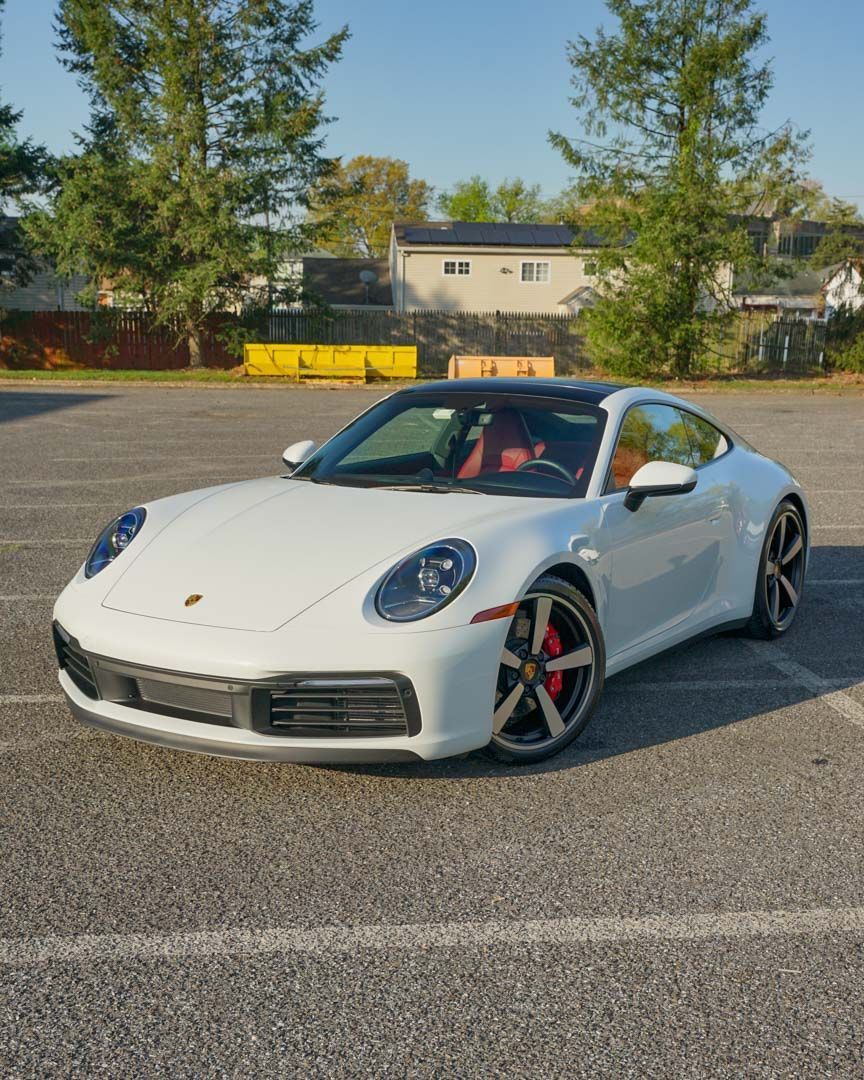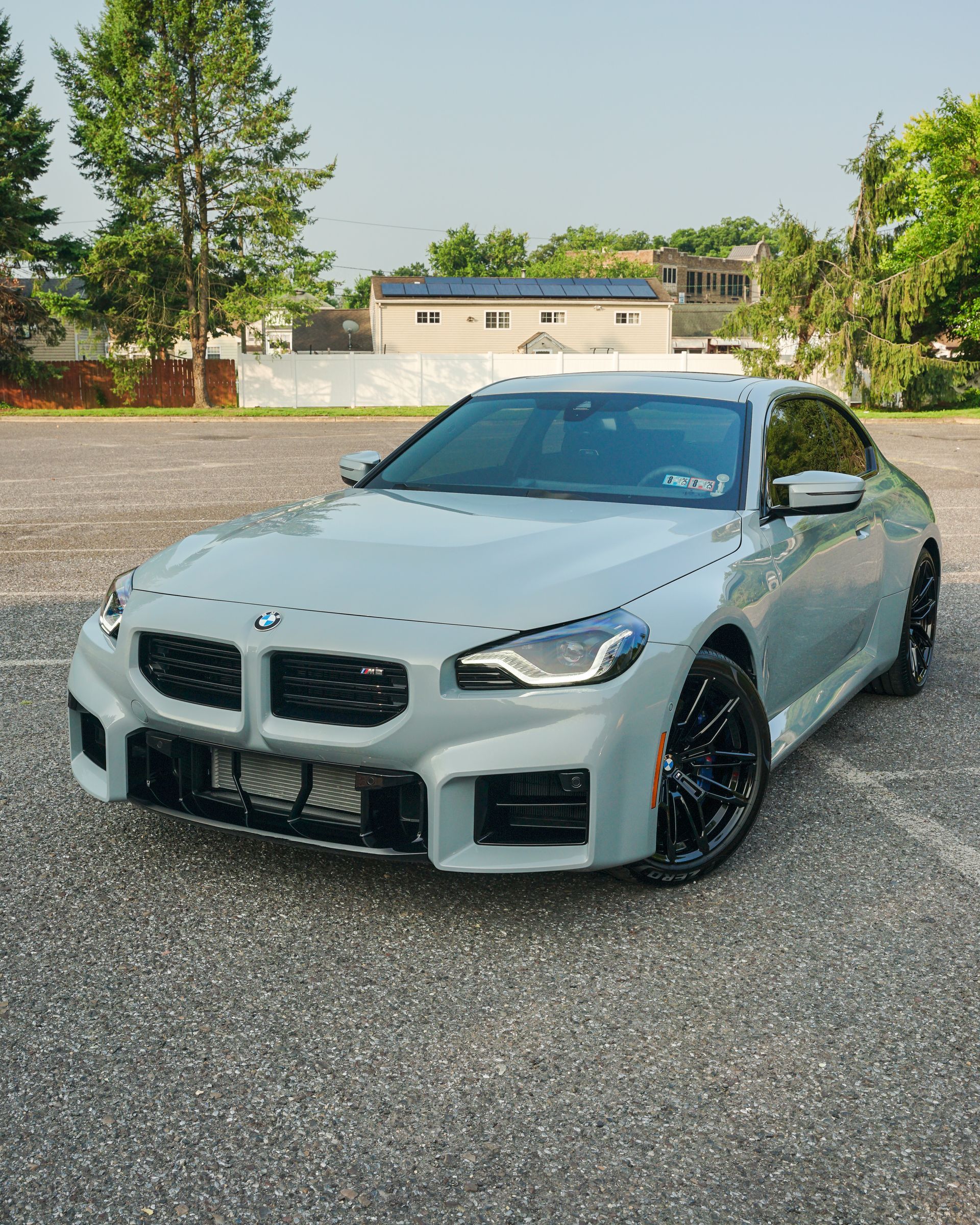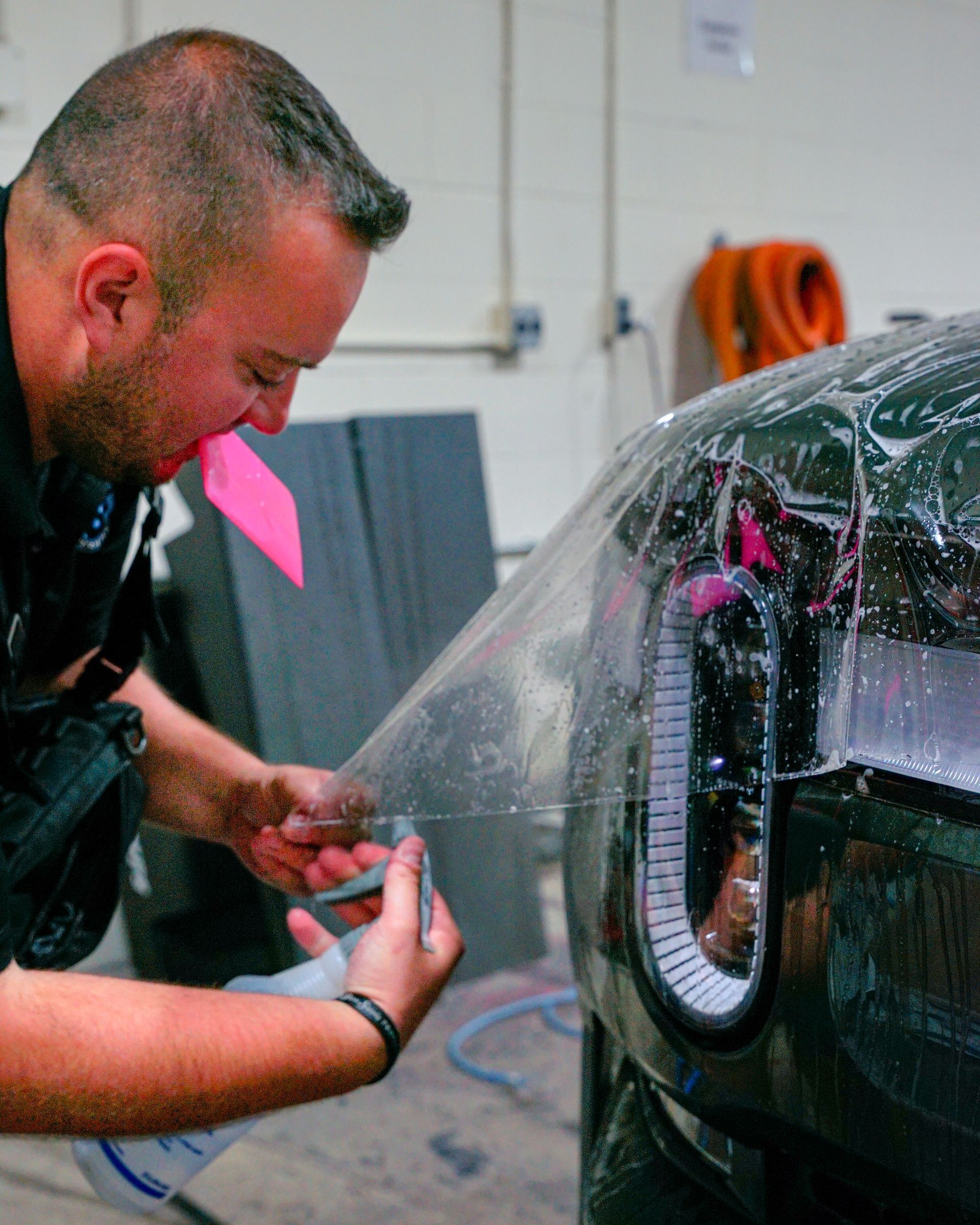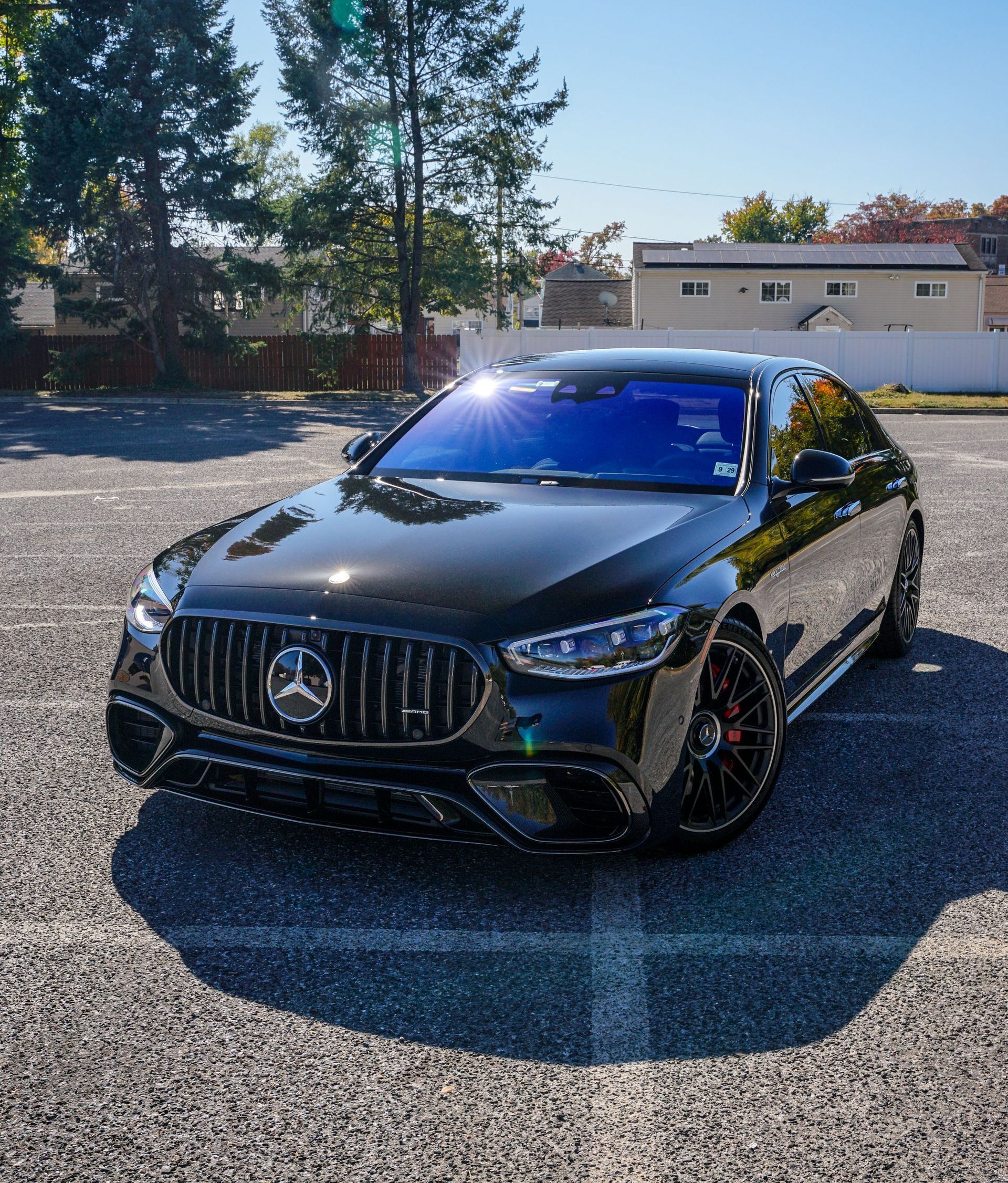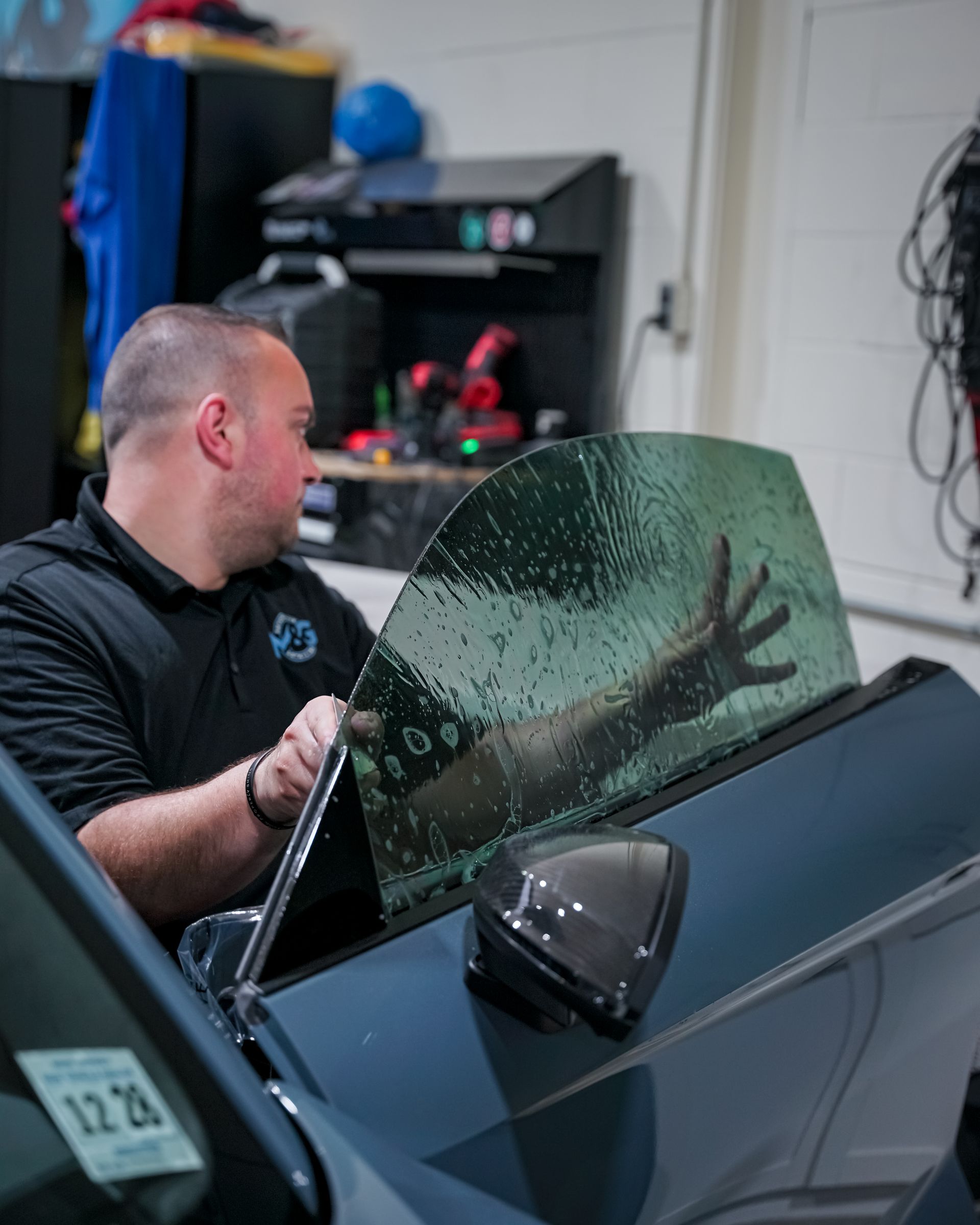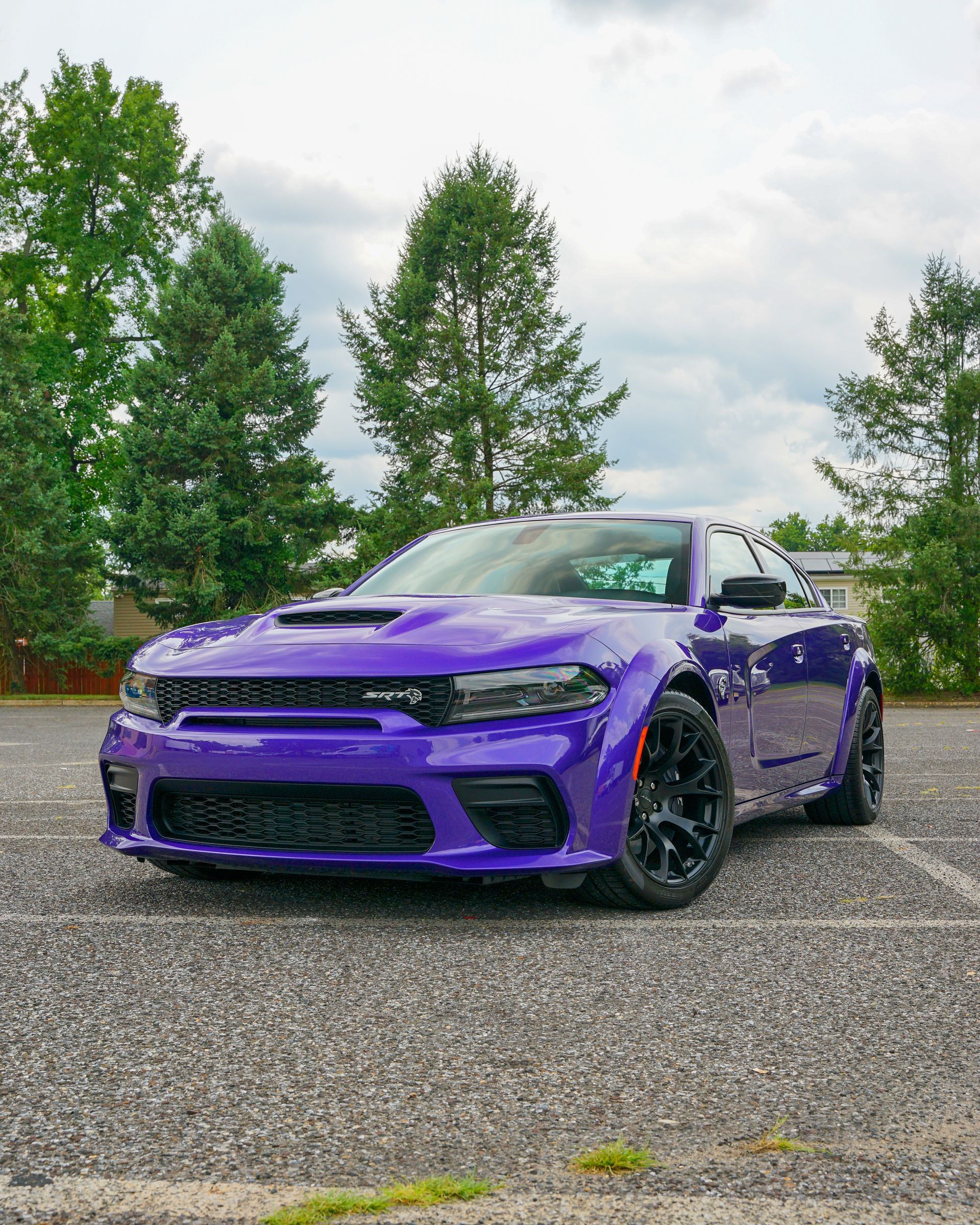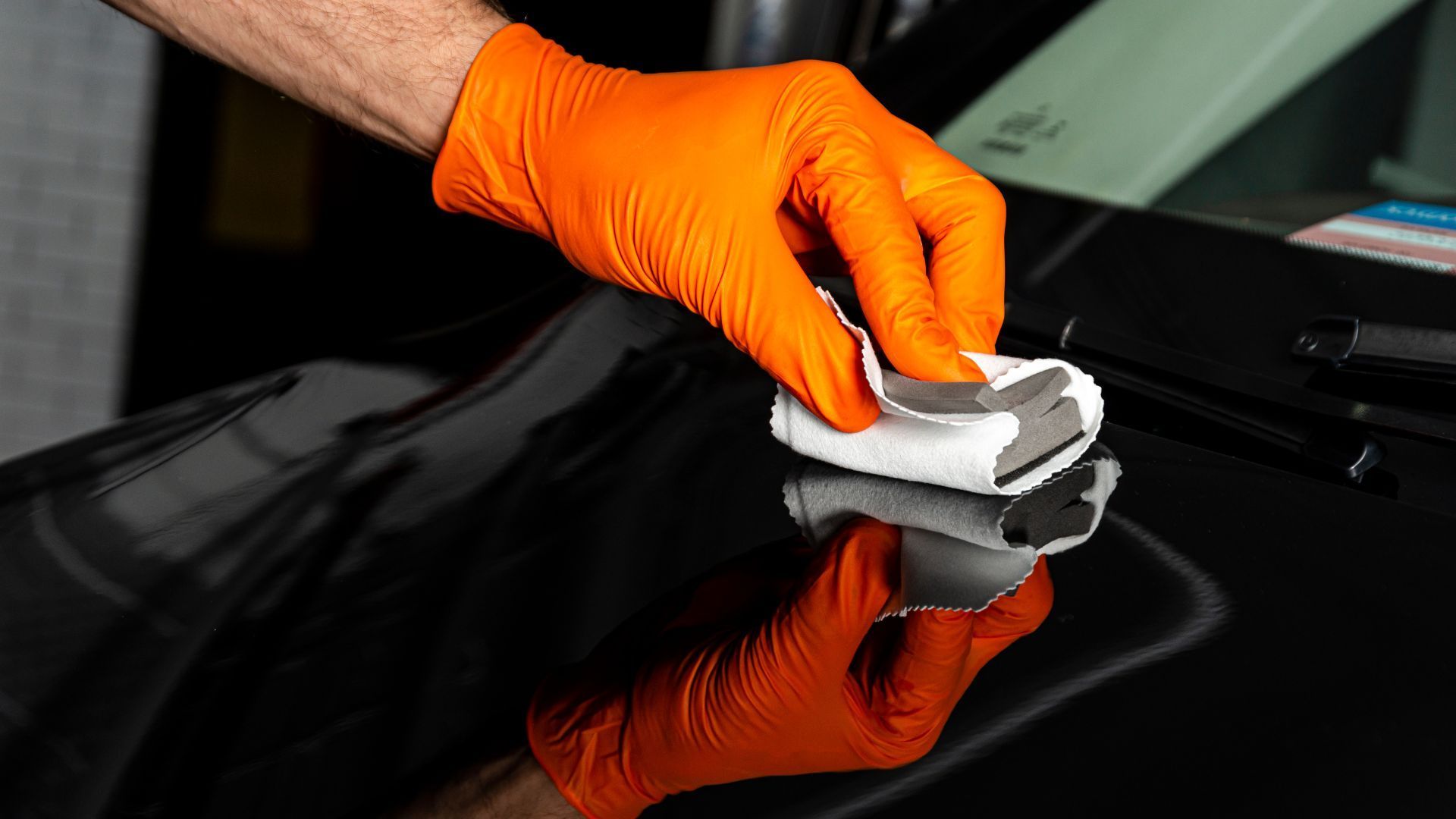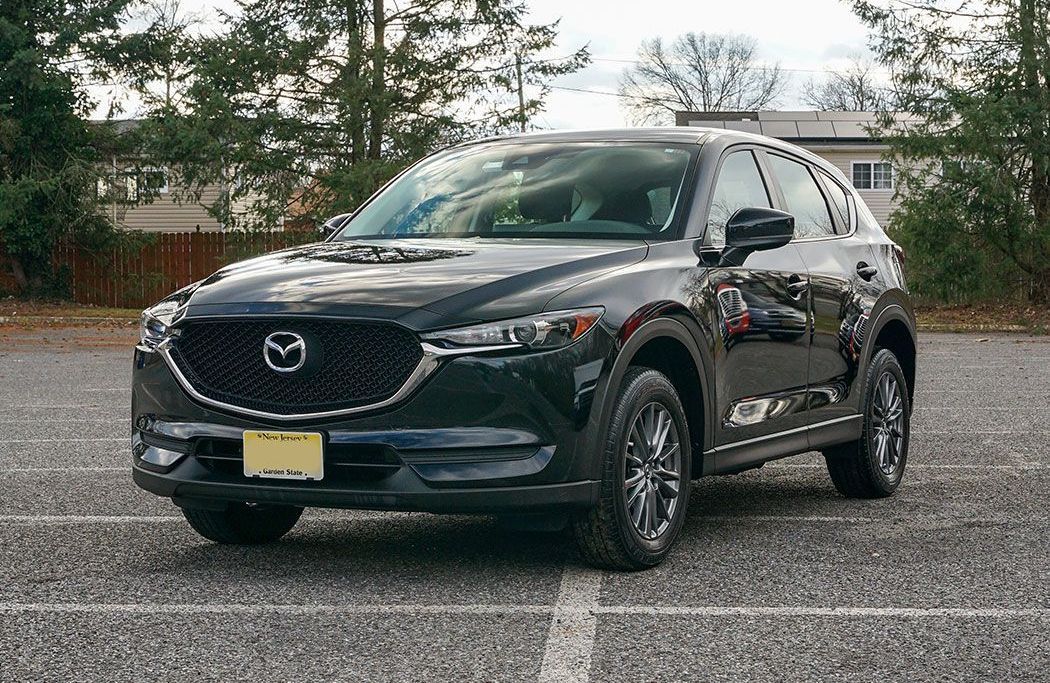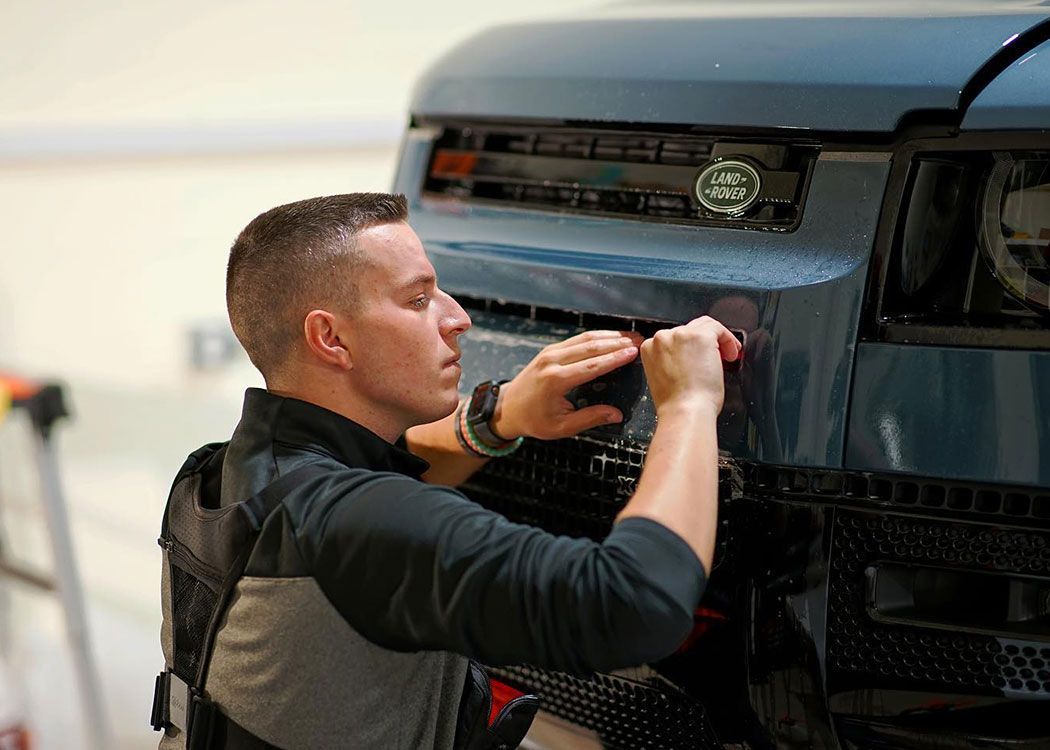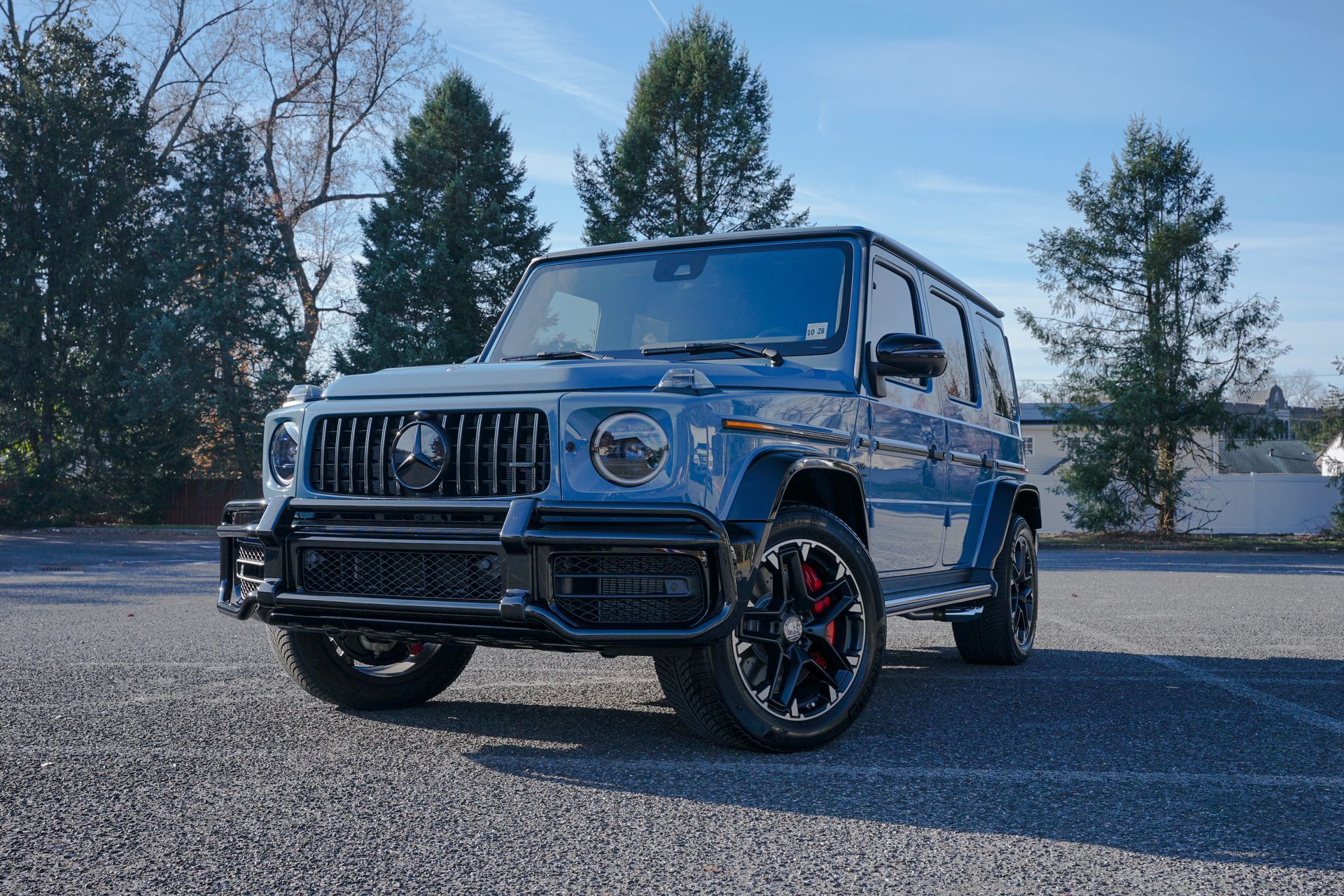How to Identify a High-Quality Ceramic Coating Application: Tips and Signs
Identifying a high-quality ceramic coating on your vehicle is crucial for long-term protection and maintaining its appearance. The concern about investing in an ineffective coating or inadequate application is shared by many car enthusiasts who strive to keep their cars in top-notch condition.
To identify a high-quality ceramic coating application, look for experienced installers with proper certification and training, as their expertise significantly impacts the finish's durability. Additionally, evaluate the warranty provided, which reflects the installer's confidence in their work; longer warranties are typically indicative of higher-quality coatings and services.
Protection and Longevity of Ceramic Coatings
When it comes to ceramic coatings, their true value lies not only in protecting your vehicle's surface but also in how long that protection lasts. High-quality applications act like a shield against environmental adversities, such as UV rays and harsh weather conditions, which can quickly degrade a vehicle's finish. Imagine applying a layer of armor around your vehicle; this armor helps maintain that showroom shine by preventing fading and oxidation.
- Measuring Hardness: A significant indicator of the durability of a ceramic coating is its hardness. With a 9H rating on the Mohs scale, the ceramic coating forms a robust barrier against environmental contaminants that your car may encounter daily. To validate this, review product specifications before application.
- Chemical Resistance: Beyond physical wear, exposure to various chemicals can wreak havoc on your car's exterior. Quality ceramic coatings have inherent chemical resistance, enabling them to withstand substances that typically stain or corrode surfaces. Look for coatings that boast protection against challenging agents like bird droppings, tree sap, acid rain, and road salt.
The beauty of high-quality products is their ability to repel these substances, allowing for easier maintenance and less frequent washing. Essentially, they create a hydrophobic surface that encourages water beads to roll off rather than linger, taking dirt and grime with them.
Expertise of the Detailers
When choosing a detailer for your ceramic coating, their expertise plays an integral role in the quality of the application. What does this entail? A skilled detailer should be well-versed in more than just the mechanics of applying the coating; they need to understand surface preparation, environmental factors that could affect the application, and proper post-application care. This breadth of knowledge ensures that every step of the process is executed with precision.
One key aspect to look for is the detailer's certification and training. Industry standards uphold that certified detailers have gone through rigorous training programs with recognized manufacturers. This certification means they are informed about the products and trained in best practices for application techniques. For instance, knowing how to correctly prepare a vehicle’s surface can make all the difference between a mediocre finish and a stunning, long-lasting shine. They must also understand how temperature and humidity impact drying times, which underscores the importance of proper timing during application. Naturally, you want someone who doesn’t just follow instructions but understands why these steps matter.
In addition to formal qualifications, hands-on experience significantly contributes to a detailer's proficiency. A strong track record can often be found through testimonials and reviews from previous customers. It’s important to read about other clients' experiences: did they report satisfaction with both application results and customer service? Feedback on platforms like Google and Yelp can reveal patterns of success and might highlight any recurring issues associated with certain detailers. Consistent praise regarding everything from communication to the final outcome typically indicates that you’re dealing with someone who knows their craft well.
Evaluating Gloss and Shine
High-quality ceramic coatings provide that shiny, "just-waxed" look that turns heads. When you inspect a freshly coated vehicle, one of the first things you should notice is its remarkable gloss. This glossy finish should not only enhance the vehicle's appearance but also offer a level of protection. An effective way to evaluate this is by closely observing two key features: reflective quality and depth of color.
- Reflective Quality: The reflective quality of a ceramic coating can tell you a lot about its application. A properly applied ceramic coating will enhance the paint's natural ability to reflect light, yielding a deep, mirror-like finish. You might find it enlightening to compare how the coating reflects both natural and artificial light; the difference can be striking.
- Depth of Color: Another critical aspect in evaluating gloss is the depth of color. High-quality coatings enrich the paint, providing a richer and more vibrant hue. To effectively check this depth, consider pulling your vehicle into a shaded area before backing it out into sunlight again. Observe any changes in how the color appears; ideally, it should seem more pronounced and vivid upon emerging from shadow into brightness.
Choosing Quality Products
Not all ceramic coatings are created equally, and this can impact your vehicle’s protection. When exploring the world of ceramic coatings, you'll want to focus on two main components: the brand and the product's composition. Quality matters, and investing in reliable products pays off in extended performance and durability.
- Trusted Brands: Opting for reputable brands is key to ensuring you're getting a quality product. These brands have built a name based on their commitment to excellence and consistent results over time. It's wise to look for customer reviews and testimonials that illustrate real-world applications of these products. Additionally, consider checking for certifications or endorsements from professional detailing organizations; these can provide an extra layer of assurance about a brand's reliability.
- Product Composition: At the heart of every ceramic coating lies its primary compound: silicon dioxide (SiO2). This ingredient is critical because it creates a hard, protective shell over your vehicle's surface. However, not all coatings contain the same concentration of SiO2. Higher concentrations mean greater durability and longevity. When evaluating different options, examine the product specifications closely. Beyond SiO2, consider other additives that enhance performance, such as titanium dioxide or graphene, which often improve attributes like hydrophobicity—meaning water will bead up and roll off more easily.
Expectations from Professional Coatings
Knowing what to expect from a professional ceramic coating helps set the stage for a successful outcome. A well-executed application doesn't just promise aesthetic pleasure; it acts as a safeguard for your vehicle's finish.
Warranty and Longevity
High-quality ceramic coatings typically come with warranties varying from one year up to a lifetime, depending on the brand and the service package chosen. This warranty isn't just fluff—it's an assurance of durability. When engaging with a detailer, always inquire about what the warranty covers and any conditions attached; understanding these details will save you from unwelcome surprises later. A reputable installer should be proud to provide this information.
Maintenance Guidelines
After the application, professionals should present you with specific aftercare instructions tailored to maintain the coating's effectiveness and prolong its life. This includes detailing how often you should wash your vehicle and the types of products recommended during washing. If your detailer fails to offer this crucial guidance, it raises red flags regarding their competency. Remember that quality installation is only as good as the care it receives.
By actively considering these expectations and ensuring both warranty coverage and clear guidelines are part of your ceramic coating experience, you empower yourself with the knowledge needed to enjoy your investment fully. Understanding the characteristics of high-quality ceramic coatings can significantly enhance your vehicle's appearance and protection. With the right preparation, you can make informed decisions that contribute to lasting value.
Trusted Ceramic Coating Service in Cherry Hill, NJ
Enhance and protect your vehicle’s paint with M&G Automotive Detailing’s ceramic coating service in Cherry Hill, NJ. Our ceramic coatings provide a durable, high-gloss shield that defends against environmental contaminants and UV rays while enhancing your car’s natural shine. Using advanced application techniques and top-tier products, we ensure your vehicle stays pristine and easier to maintain. Safeguard your investment and elevate its appearance—book your ceramic coating service with us today! Call us at (609) 923-3123 to get started!
